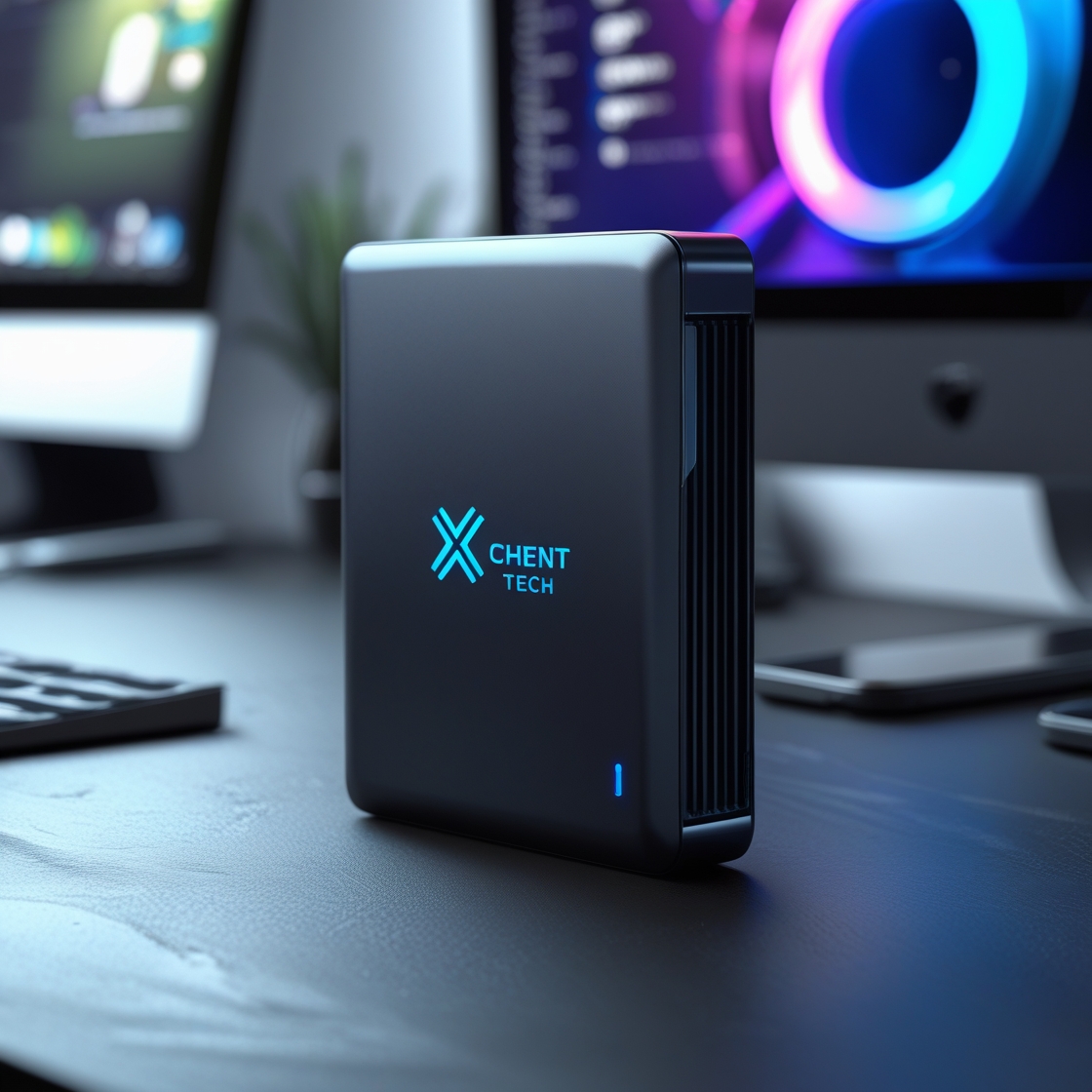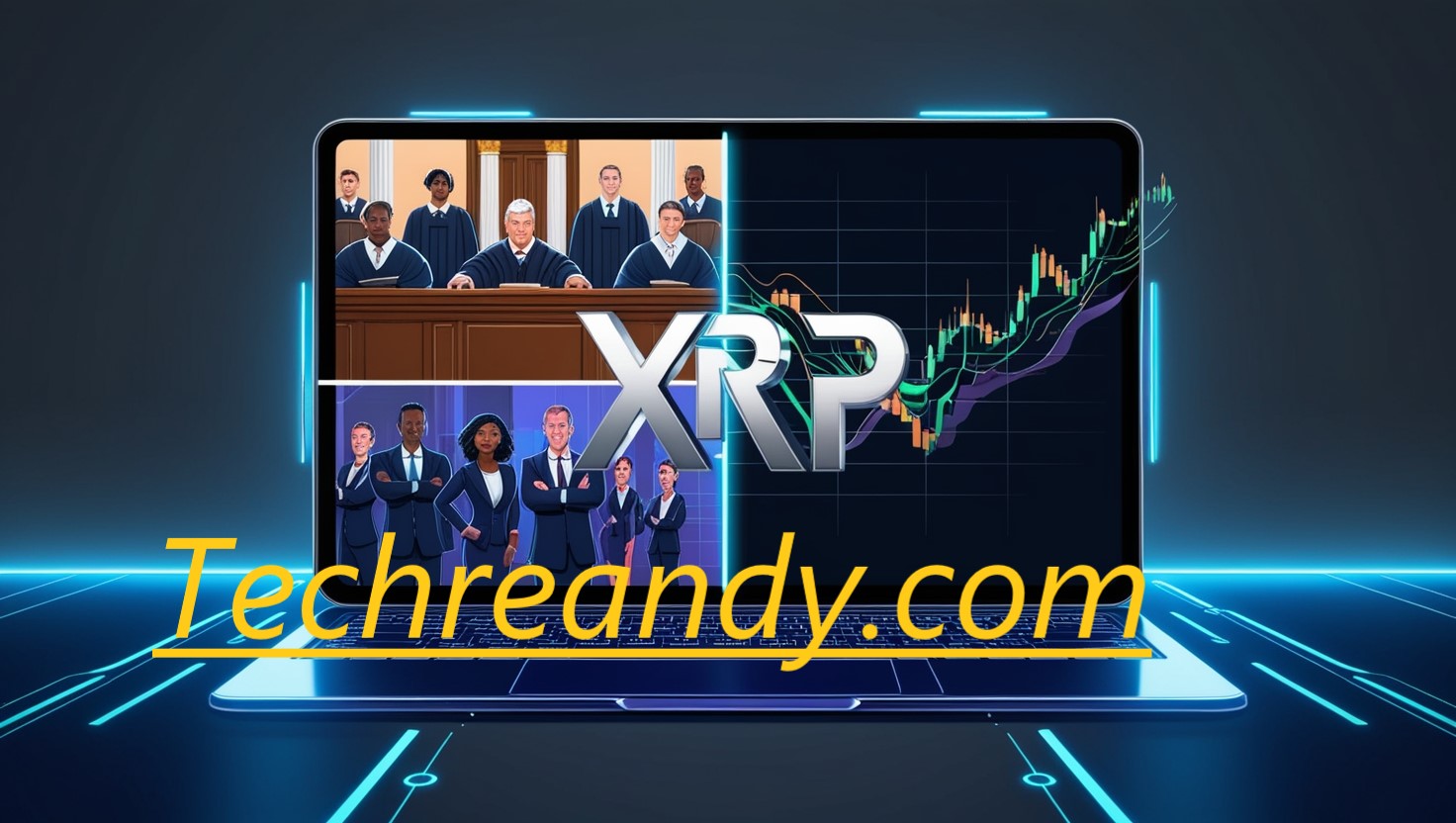
The XRP lawsuit, which has drawn considerable attention in the cryptocurrency space, represents a pivotal moment in the evolving relationship between regulatory bodies and digital assets. As one of the largest cryptocurrencies by market capitalization, XRP’s legal battle with the U.S. Securities and Exchange Commission (SEC) raises important questions about the future of cryptocurrencies, regulatory compliance, and investor rights. This article aims to provide a detailed overview of the lawsuit, its implications, and the broader context of cryptocurrency regulation.
Background of XRP and Ripple Labs
XRP was created by Ripple Labs Inc. in 2012 as a digital payment protocol and cryptocurrency designed to facilitate fast and low-cost cross-border transactions. Ripple aims to improve the global financial infrastructure by allowing banks and financial institutions to transfer money more efficiently. Unlike Bitcoin, which is primarily a store of value, XRP was engineered specifically for payment processing.
Ripple Labs holds a significant amount of XRP, which has led to debates about whether XRP should be classified as a security. This classification is critical because it determines how cryptocurrencies are regulated in the U.S. and abroad. The question of whether XRP functions as a security has been at the heart of the lawsuit initiated by the SEC in December 2020.
The SEC’s Allegations Against Ripple Labs
The SEC filed a lawsuit against Ripple Labs and its executives, Brad Garlinghouse and Chris Larsen, alleging that they had conducted an unregistered securities offering by selling XRP. According to the SEC, XRP meets the criteria of security under the Howey Test, which assesses whether a transaction qualifies as an investment contract based on the expectation of profit derived from the efforts of others.
The SEC’s argument centres around the idea that Ripple’s marketing of XRP created an expectation of profit for investors, thus making it a security. The SEC claims that Ripple raised over $1.3 billion through the sale of XRP, which they argue should have been registered with the SEC as a securities offering.
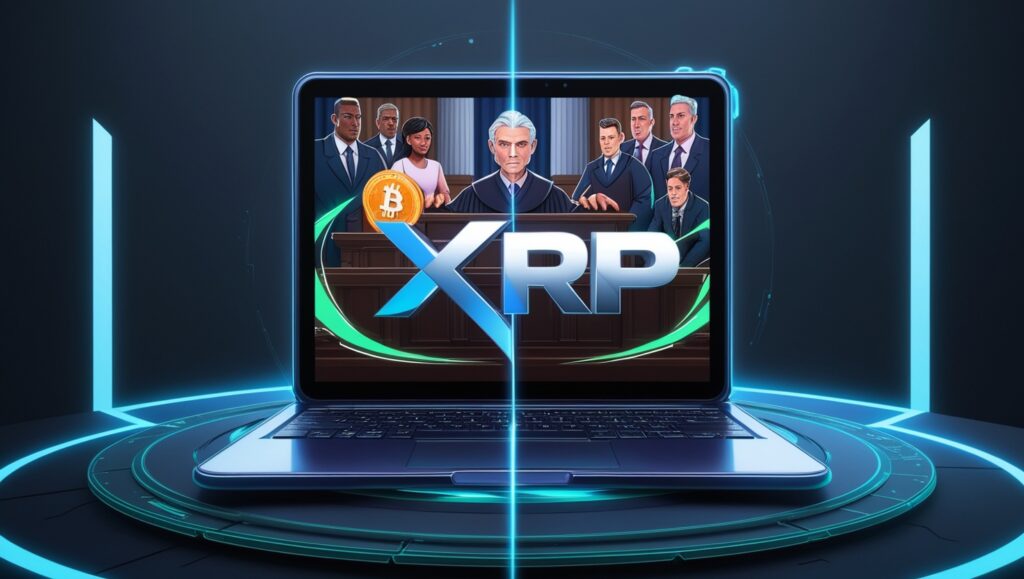
Ripple’s Defense
Ripple Labs has vehemently denied the SEC’s allegations, asserting that XRP is a digital currency and not a security. Ripple’s defence hinges on several key arguments:
Regulatory Clarity
Ripple contends that there has been a lack of regulatory clarity in the cryptocurrency space. They argue that XRP has been treated as a currency by various government agencies, including the Financial Crimes Enforcement Network (FinCEN) and the Internal Revenue Service (IRS). This inconsistency undermines the SEC’s claims.
Utility of XRP
Ripple emphasizes the utility of XRP in facilitating cross-border transactions. They argue that XRP serves a legitimate purpose as a bridge currency for financial institutions, which further distinguishes it from traditional securities.
Market Dynamics
Ripple also points to the market dynamics surrounding XRP, noting that it operates independently of Ripple Labs. They argue that the value of XRP is influenced by market supply and demand rather than the efforts of Ripple, reinforcing their position that it does not meet the criteria of a security.
The Implications of the Lawsuit
The outcome of the XRP lawsuit could have far-reaching consequences for the entire cryptocurrency industry. A ruling favouring the SEC may set a precedent that could classify many other cryptocurrencies as securities, leading to increased regulatory scrutiny and compliance costs for crypto projects. Conversely, a ruling in favor of Ripple could bolster the case for cryptocurrencies as non-securities and encourage innovation in the space.
Impact on Investors
The lawsuit has also raised concerns among investors. If the SEC prevails, XRP holders could face significant losses, as the classification of XRP as a security may result in restrictions on its trading and increased regulatory oversight. On the other hand, a favorable ruling for Ripple could restore confidence in XRP and lead to a resurgence in its price.
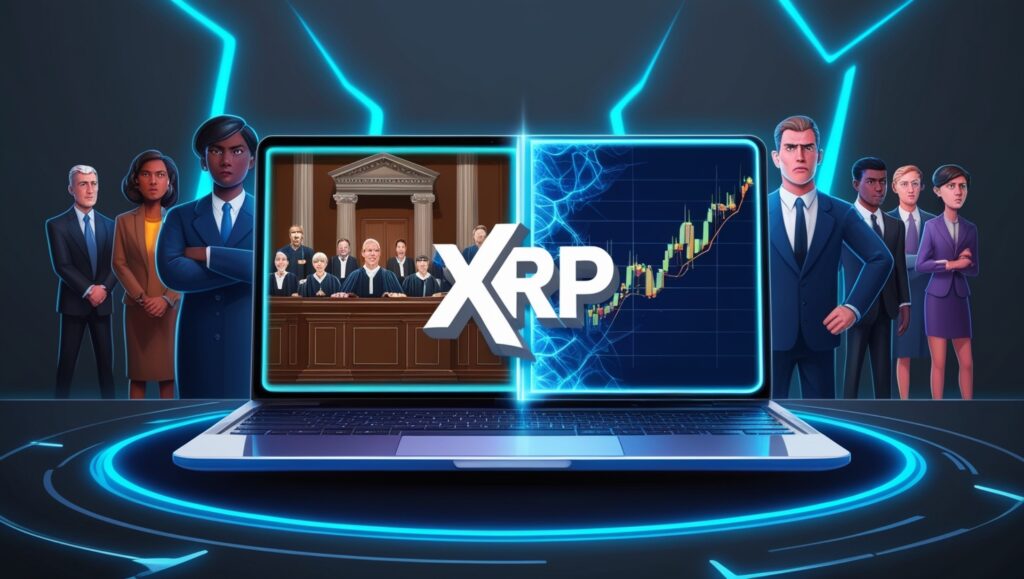
Regulatory Landscape
The XRP lawsuit highlights the urgent need for clear regulatory guidelines governing cryptocurrencies. Many industry participants have called for legislation that distinguishes between different types of digital assets to prevent regulatory overreach and foster innovation.
The Role of the Court
As the case progresses through the legal system, various developments have captured the attention of both supporters and detractors of Ripple. The court’s decisions on key motions, such as the motion to dismiss and the summary judgment, have been closely monitored for their implications on the legal standing of XRP.
Precedent-Setting Decisions
One of the most significant moments in the lawsuit was the court’s decision to allow certain evidence related to XRP’s classification as a security. The judge’s ruling on the relevance of public statements made by Ripple executives regarding XRP’s status has been pivotal in shaping the arguments presented by both sides.
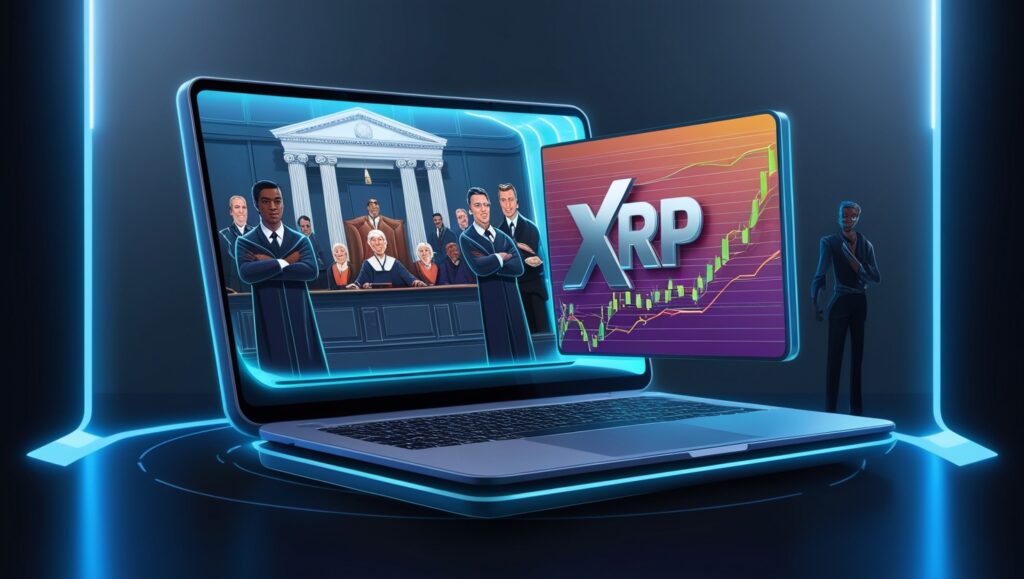
The Importance of Expert Testimonies
Expert testimonies have played a crucial role in the case, with economists, financial analysts, and legal scholars providing insights into the nature of cryptocurrencies and their function in the market. These testimonies help the court understand the complexities of digital assets and their potential classifications.
Also Visit: Multimo
Conclusion
The XRP lawsuit serves as a landmark case that may shape the future of cryptocurrency regulation in the United States and beyond. As Ripple Labs continues to defend its position, the implications of the court’s rulings will resonate throughout the industry. Investors, regulators, and crypto enthusiasts are watching closely, as the outcome could redefine the legal status of many digital assets.
Ultimately, the XRP lawsuit highlights the ongoing struggle for clarity and fairness in the regulatory landscape of cryptocurrencies. As the market evolves, so too will the legal frameworks that govern it, making this case a significant chapter in the story of digital finance.

